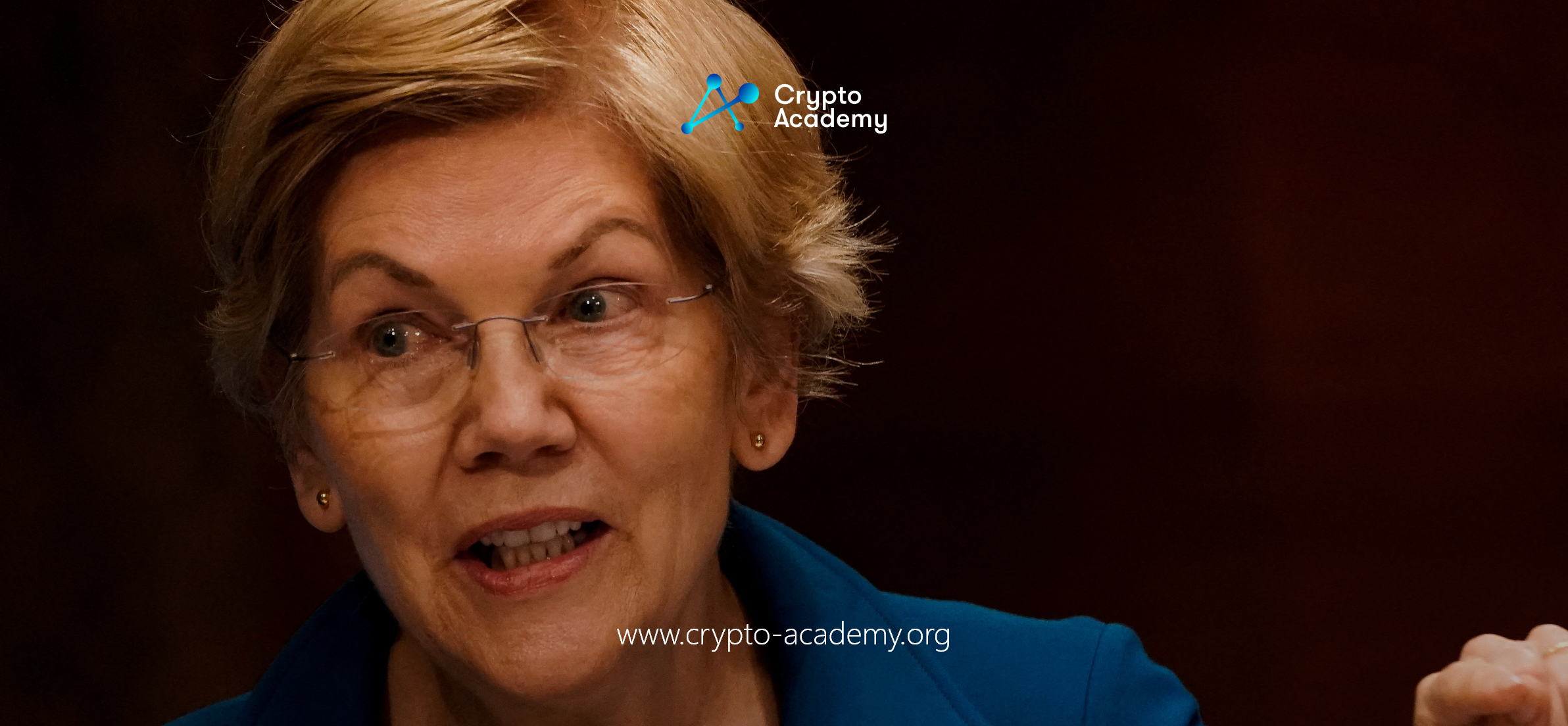U.S. Rep. Hill criticizes Warren’s crypto bill as ineffective in stopping terrorist financing.
In a critique of Senator Elizabeth Warren’s proposed bill aimed at the crypto sector, U.S. Representative French Hill has voiced concerns that the bill may fall short in curtailing terrorist financing through digital assets. As the chair of the House Financial Services Subcommittee on Digital Assets, Financial Technology, and Inclusion, Hill emphasized the challenges in enforcing the new regulations proposed by Warren’s Digital Asset Anti-Money Laundering Act. This legislation seeks to extend the Bank Secrecy Act to encompass crypto miners and validators, a move aimed at mitigating the risks of cryptocurrency being used to fund terrorist activities.
During a hearing titled “Crypto Crime in Context” held on February 15, lawmakers, including Hill, engaged with cryptocurrency experts to explore the feasibility of applying traditional financial institution regulations to the unique roles of miners and validators within the crypto ecosystem. The consensus among experts, including Arktouros co-founder Michael Mosier, is that the nature of mining and validation in cryptocurrency significantly differs from the operations of financial institutions, making it challenging to apply similar regulatory standards.
Mosier, leveraging his experience as the former acting director for the Financial Crimes Enforcement Network, argued that the primary avenue for illicit crypto financing occurs through centralized exchanges, not through the decentralized processes of mining and validation. He likened miners and validators to internet service providers, focusing on the processing of data rather than engaging with customers directly. This perspective underscores the complexity of regulating the crypto space in a manner akin to traditional banking and financial services.
The Ongoing Debate
The hearing represents a continuation of the U.S. government’s efforts to address the illicit use of cryptocurrencies, with a particular focus on preventing their use in financing terrorist activities. This issue gained renewed attention following a terrorist attack by Hamas on Israel on October 7, prompting calls for more stringent regulatory measures within the crypto industry.
Despite these concerns, recent data from Chainalysis indicates a significant decrease in the volume of cryptocurrency transactions linked to illicit activities, with a 29% reduction from 2022 to 2023. Lastly, this decline suggests that existing measures and the evolving landscape of crypto regulation may already be impacting the misuse of digital assets for illicit purposes.

